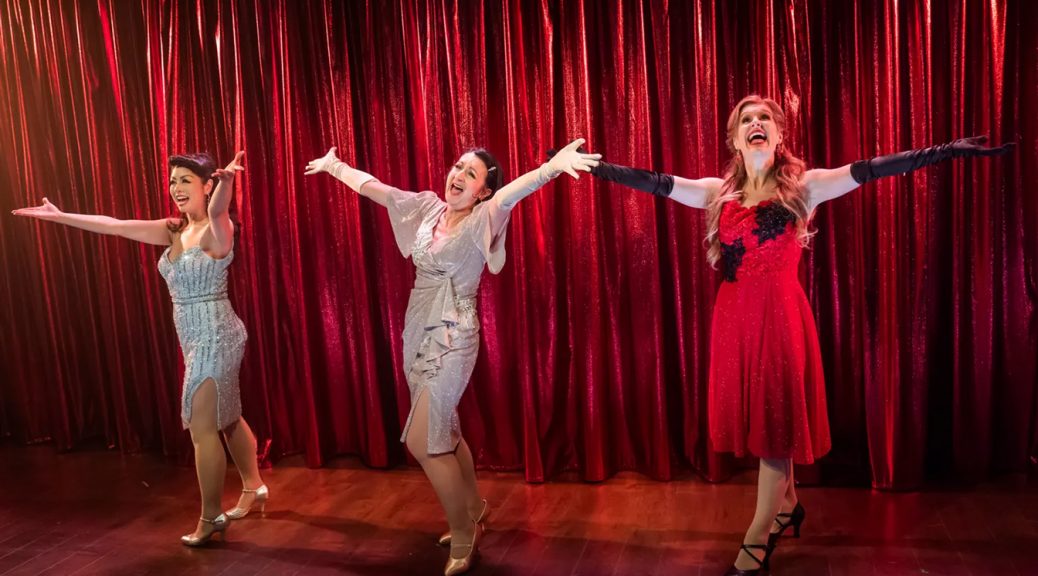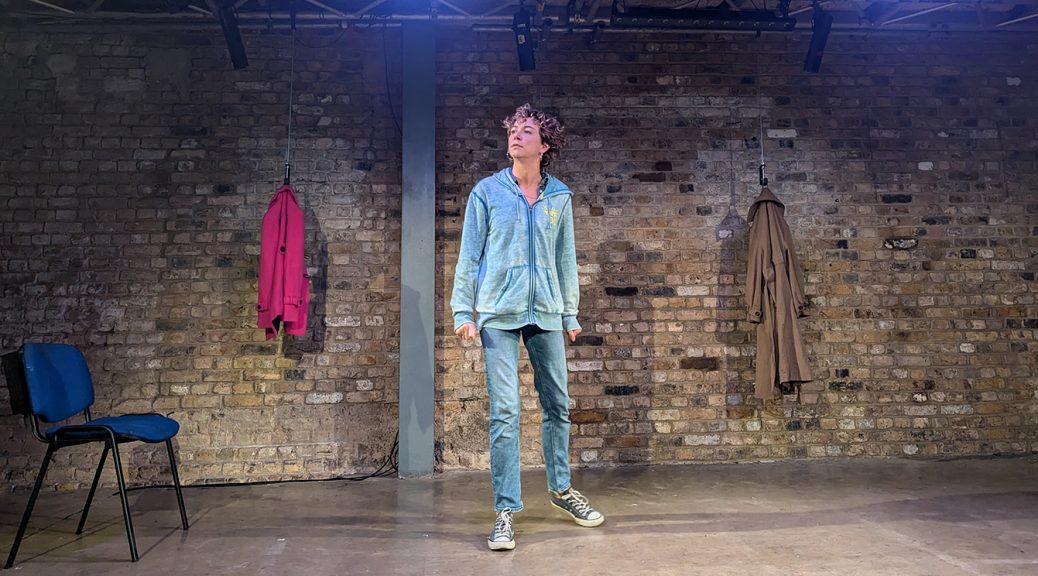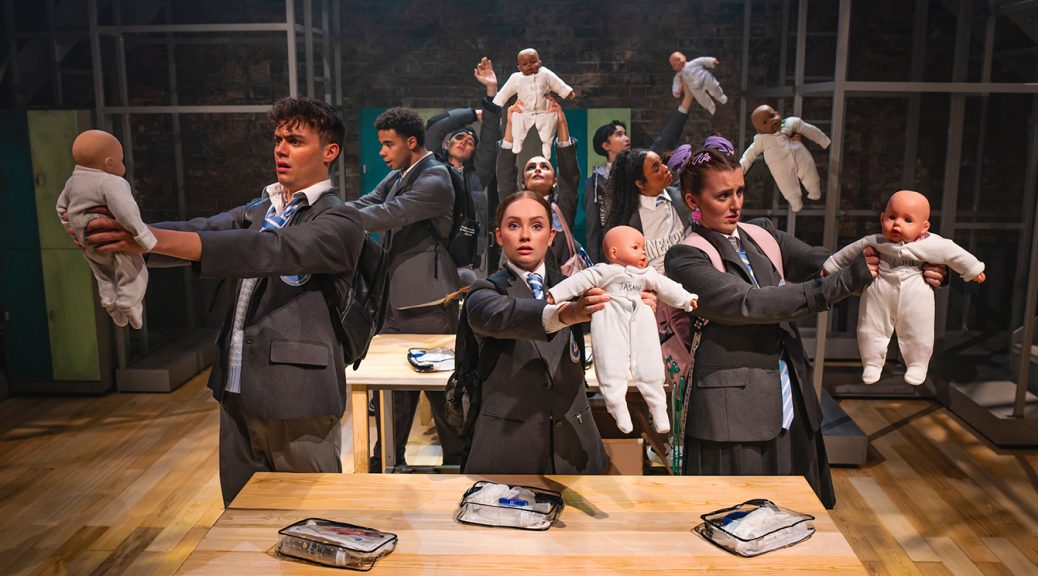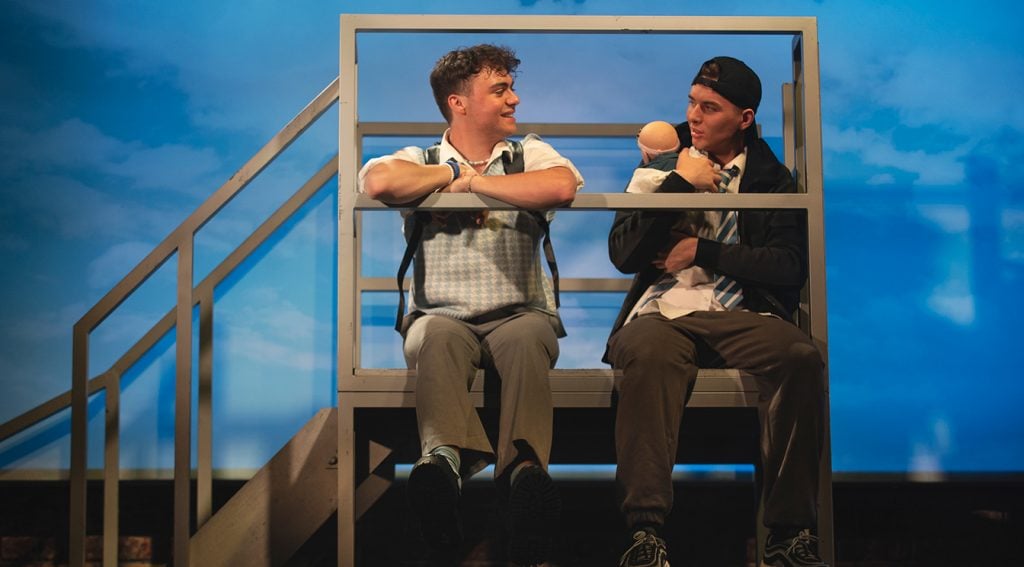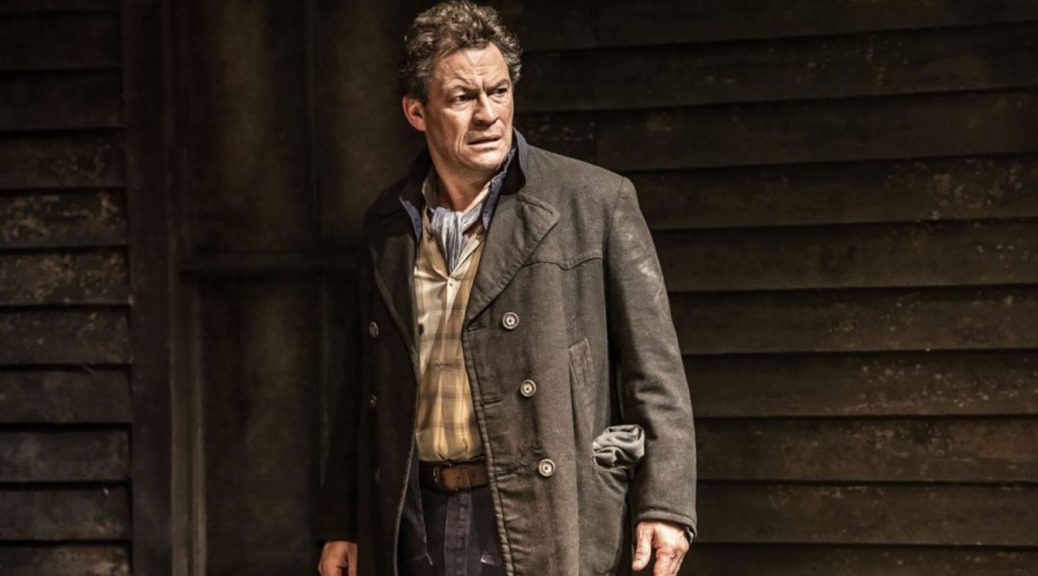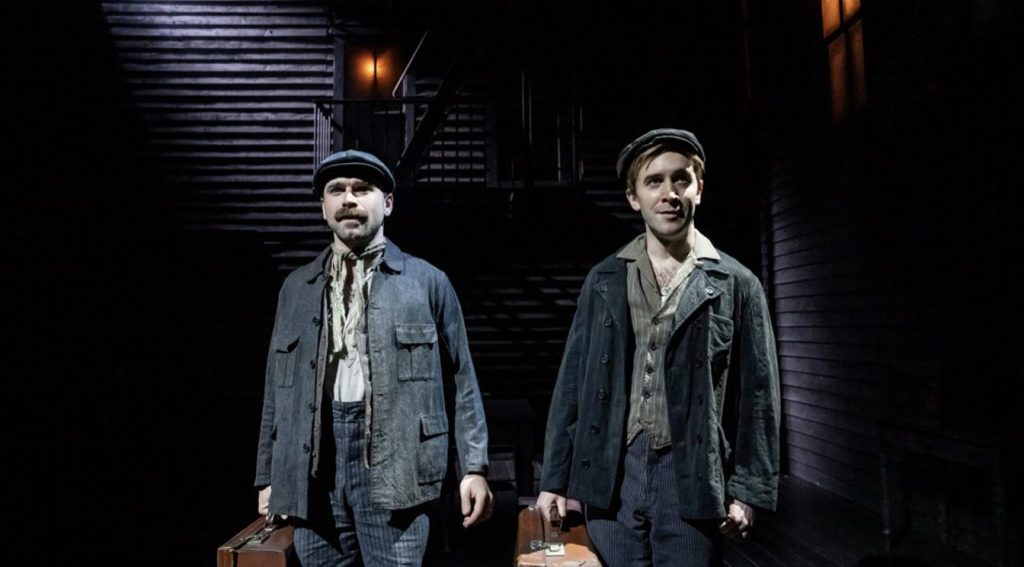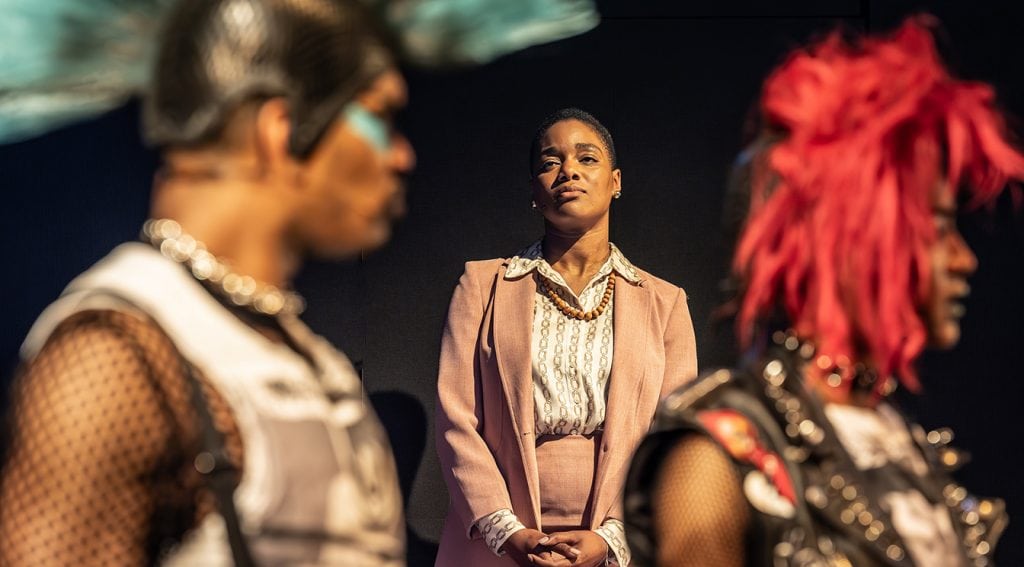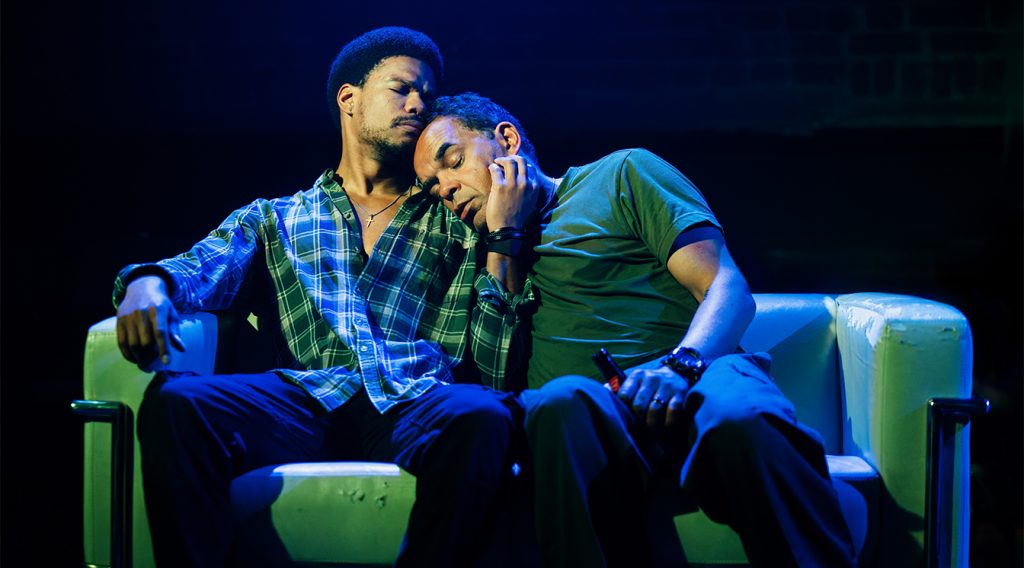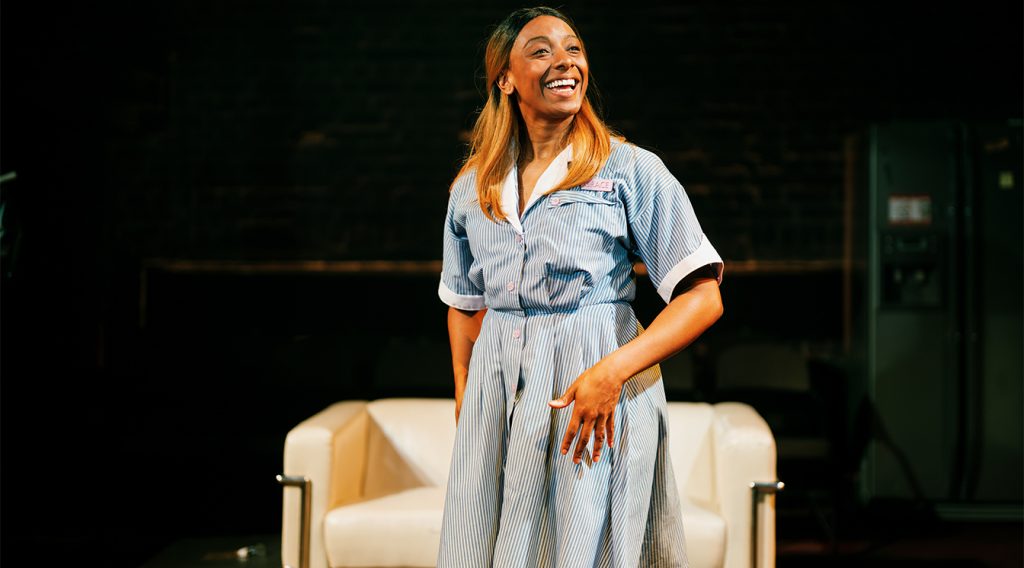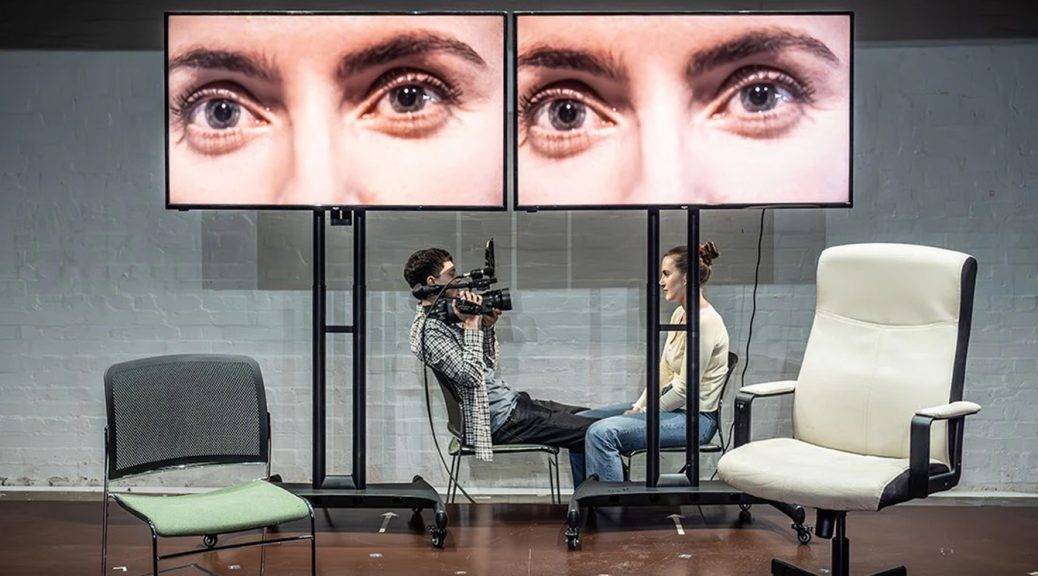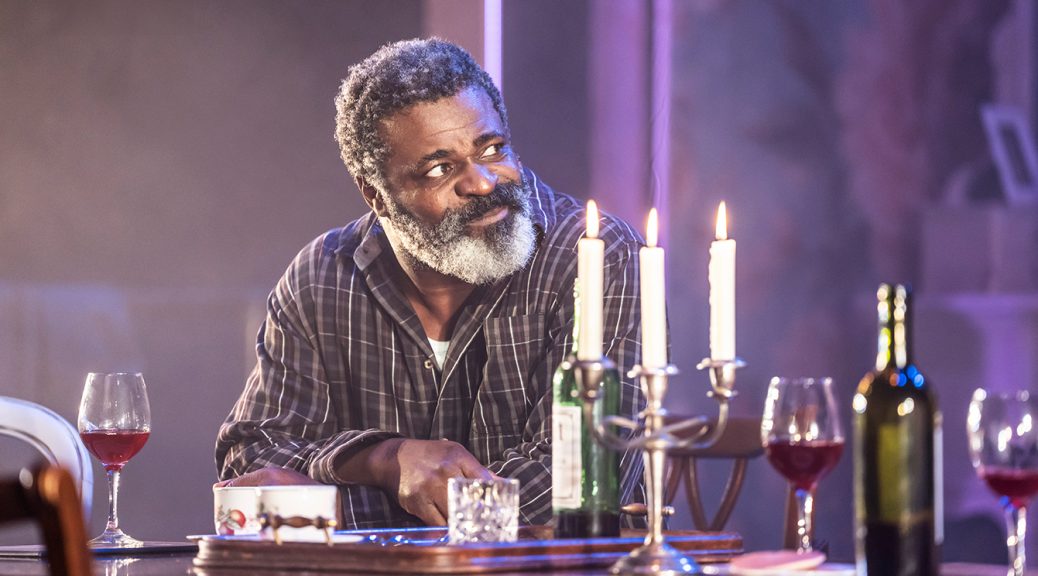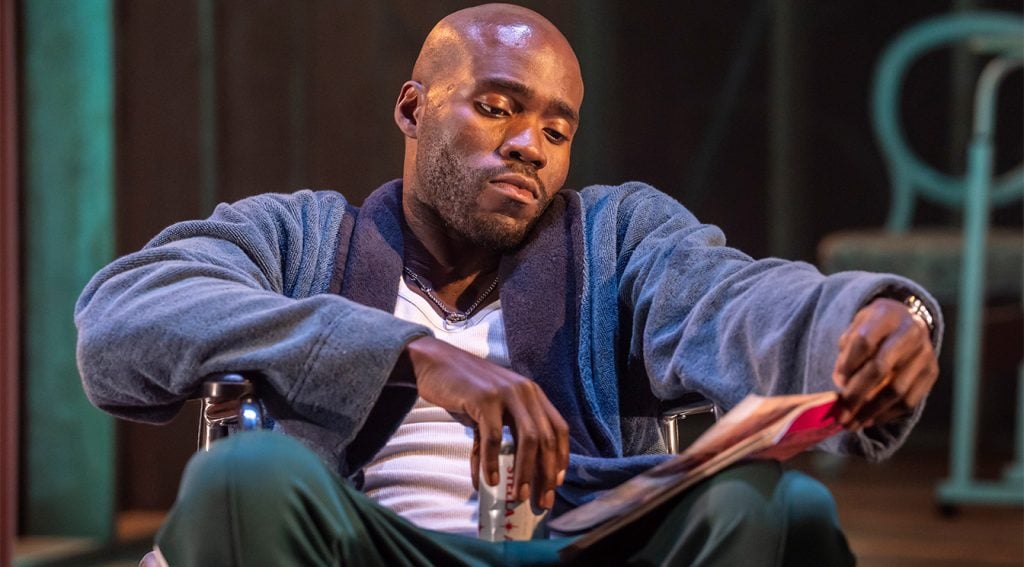A great night out for musical theatre super-fans, this revue show celebrates Broadway composer Jerry Herman. A trio perform songs from his classics – hit shows including Mame, Hello Dolly! and La Cage Aux Folles – doing themselves and the songs proud.
The performers – Cassidy Janson, Jessica Martin and Julie Yammanee – sound great together and shine during solos. All three are stars. Martin focuses on older roles and Yammanee the ingénue ones, which sometimes helps tell a story. As for Janson… well, it’s clear she can do anything.
First created by Herman himself in 1985 (with Larry Alford and Wayne Cilento), the conceit is that we see performers both on stage and off. A lot of the action happens in a dressing room that is part of Paul Farnsworth’s set. It doesn’t really add that much. There are new pretexts for some numbers… should you want them: a fall out among friends, the start or finish of a love affair. But overall, the atmosphere crafted by director Hannah Chissick is relaxed and loose – we are here, simply, to enjoy.
There are some songs by Herman you could never free from famous renditions. But, removed from the context of the shows they were written for, the performers are liberated to a surprising degree. Sometimes you still think of the original story. Twists can seem superfluous, making you yearn for the ‘full’ show, or just miss a lyric (getting knishes into a song is a marvel I think should have been included). But this is all part of the fun for aficionados.
The chance to hear old favourites with less well-known works is, also, part of the appeal. That said, given the quality of Herman’s work, most of the show sounds familiar. More praise then for the surprises on offer. How versatile many of the songs are, how well they stand up on their own, is exciting. And not a word is spoken! Sarah Travis’ work as musical director makes her the fourth star of the show. The arrangements of the songs is often a further thrill to add to this big treat.
Until 29 June 2024
www.menierchocolatefactory.com
Photo by Tristram Kenton

